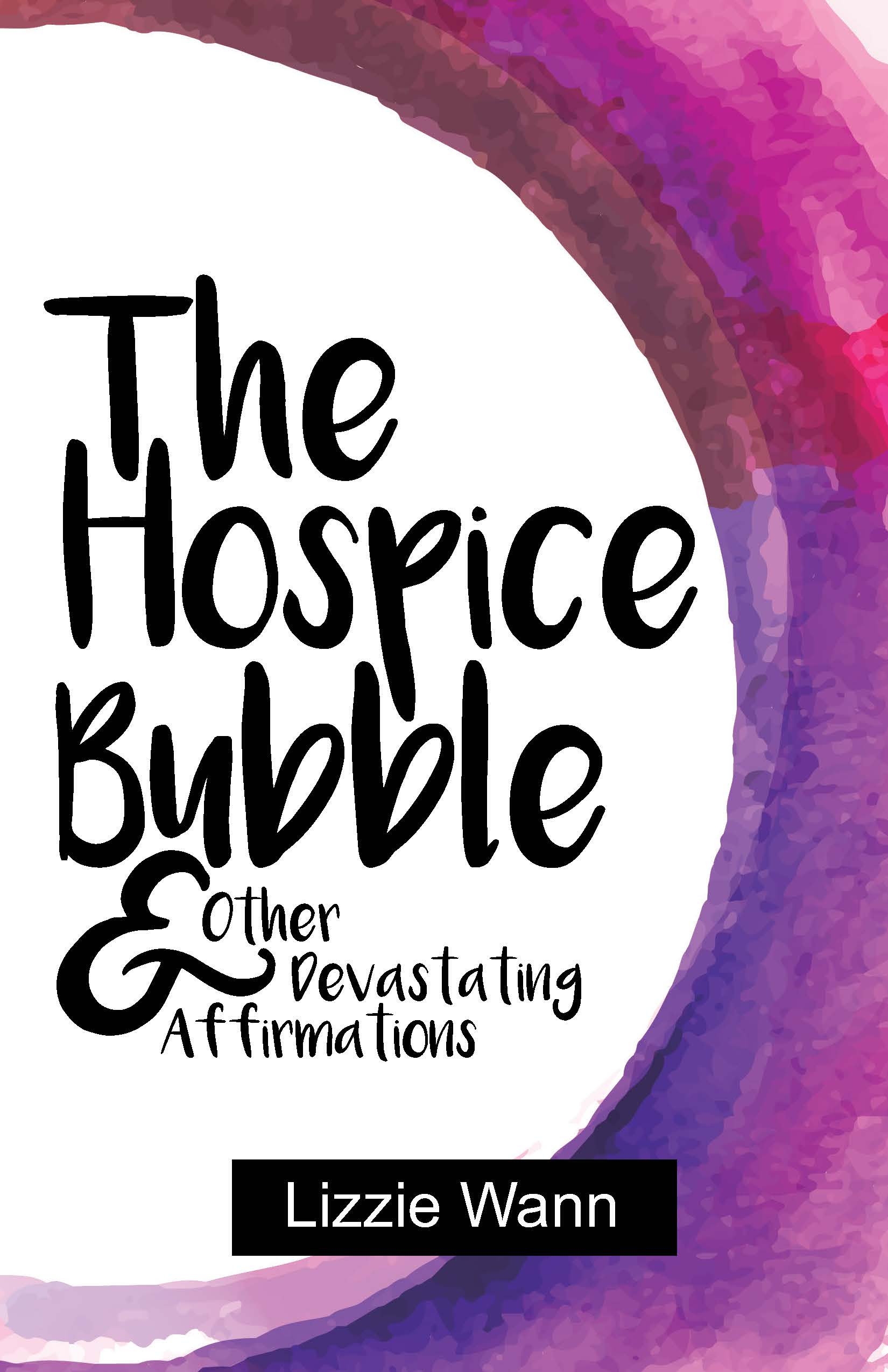Which poet’s book of collected poems is your favourite go-to set of works?
For the last few years it’s been The Collected Poems of Frank O’Hara. I like his personality, his love of the city, his cattiness, the sometimes gossipy tone, but I would say there is a rhythm in his joy at being alive in the art capital of the world , New York. He feels joy deeply, he gets sad and depressed deeply, but rebounds quickly, laughs, has a drink with a friend, he talks, he laughs, he reads poems and goes to art galleries and listens to the quick witted genius of modern jazz. He’s more than that, of course, but I adore his lack of pretentious language and rhetoric—as with many in his generation and with many other American poets, he found poetry , a profound and original poety, in plain language. Using clear language to contemplate and express experience, for him, makes what’s been experienced even more profound, exposed as being precisely the way we were supposed to see it.
How did I choose a form that provided the best structure, style and tone for the poems I write? Good question, always a good question, but I really can’t say that I chose a style, or even be clever and reverse the saying by maintaining the style chose me. It’s evolution, really, trying on many stylistic hat, writing a lot of bad, naive, self-indulgent poems in an attempt the poets to inspire me and slowly coming to a habit of compositional mind that resulted in verse I felt were the least pretentious, most honest, most direct . A friend, Paul Dresman, who recently passed and himself one of the best poets I had the pleasure to know, told me that revision was key, to remember that poetry was a craft, an art no less than any other art form , compositional or plastic, and that much of the time the best of what I considered the best writing , the most potent ideas, had to be taken out in order to find the images and the ideas that can be linked into a remarkable, hopefully memorable of expression.
Why would a poet writing in lower case make you think he couldn’t spell? Let me ask another question: how would lower case compensate for an author’s supposed bad grasp of correct spelling? Think what will of the man’s chosen lifestyle , but he was a literate man and certainly knew the ins and outs of grammer and such things. He could certainly afford a dictionary.I will bet you that he owned several. Bukowski wrote in lowercase because hundreds of famous poets wrote in lower case, e.e.cummings being the outstanding example. Typing in lower case for poems was and remains a standard practice among thousands of published poets. In any event , typing in lower case wouldn’t disguise spelling errors in the least. A misspelled word is very obvious, capitalized or not. Bukowski, though, was a good speller, and any misspellings were deliberate rather than from an inability to spell. He wrote in an informal way, to the rhythm of actual speech, and using idiomatic speech at times requires unconventional renditions of words.
Usually, I write to find out what comes after the sentence after the one I just wrote. I have a particular set of strategies, notions of musical phrase, cadence, rhythm, and structure I’ve developed over a good many years—and this isn’t implied that I’ve mastered this form of poetry, free, at all — and I’ve internalized these linguistic habits much as a jazz musician internalizes his training and notions of theory; I come up with a first line and consider what object, word, image, attitude it contains and try to imagine what sounds musical and rhythmic and a logical expansion on the details the first sentence contains. It’s theme and variation, improvisation of a sort in the moment of creation, seeing where the initial idea takes me, stanza to stanza, until I come to a place to a poem where it can end with a resolution (or irresolution) that satisfies me, and perhaps satisfies a reader. What I discover about myself is that there is another way to explore emotion, experience, spiritual and philosophical concepts without resorting to the mechanical language of the academy.







